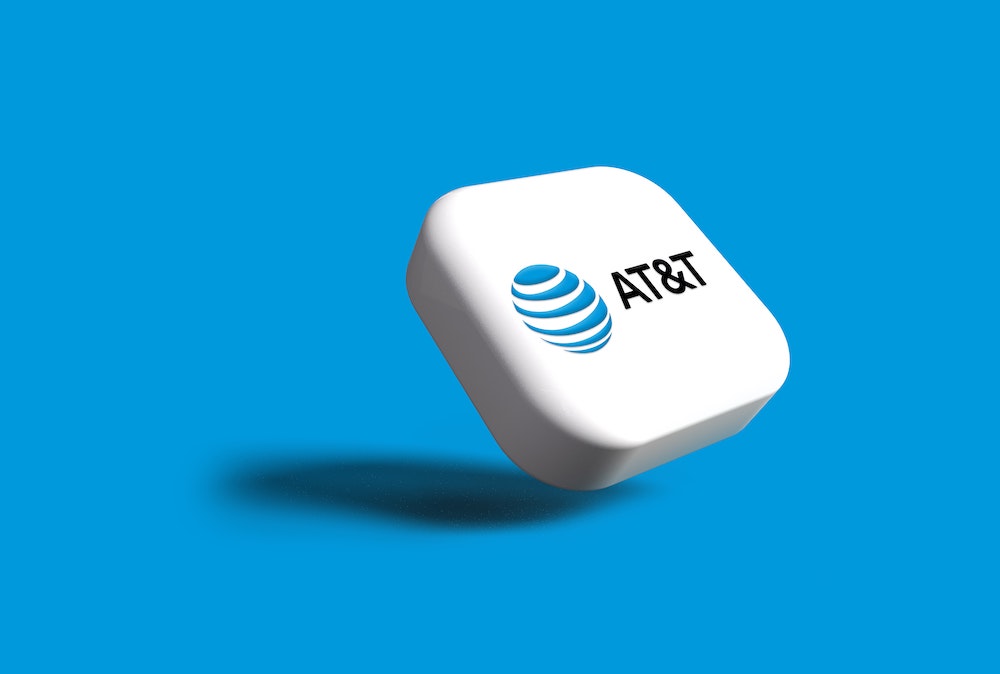A Major Cellular Company Is Paying Out Millions In A Settlement
AT&T is settling a class-action lawsuit for $14 million dollars over alleged hidden fees for customers.
This article is more than 2 years old

Telecommunications giant, AT&T has reached a $14 million settlement with subscribers who were charged undisclosed administrative fees for years. Plaintiffs in the lawsuit, filed in the US District Court for the Northern District of California, said the mobile carrier failed to inform postpaid wireless customers (who are billed on usage after the fact) that they were being charged $1.99 a month for each line.
AT&T began quietly billing customers for a bogus administrative fee in May 2013. And after accumulating thousands of dollars, the company more than doubled it to $1.99 a month in 2018. According to the complaint, the fee is intentionally buried within bill statements so that customers won’t notice it. It’s also phrased to suggest that it’s similar to a regulatory fee when it is simply a way for the company to advertise and promise lower rates than it actually charges, CNET reports.
For a few years, a California class-action lawsuit made it seem like AT&T might finally be taken to task. But in May, both sides told a judge they’d settle for $14 million. That means customers may get less than 10% of what they paid while the mobile carrier gets to keep on charging them, according to The Verge. According to the agreement, almost every postpaid customer in California since 2015 will be eligible for an estimated payment of between $15 and $29.
That’s only a fraction of what AT&T’s records say it charged – which was $180 per customer on average since 2015, according to documents. The settlement represents a refund of approximately 6 to 11 months of the average fees, while the legal team is likely to get $3.5 million. “The estimated payment amount represents a strong result for the Settlement Class, given the substantial risks, costs, and delay of continued litigation,” the proposed agreement says.
Meanwhile, in an email to CNET, AT&T denied the allegations, saying that it clearly and prominently discloses all fees. The company only agreed to the settlement to avoid lengthy, expensive litigation costs. But there’s little question about the bogus nature of the fees. Judge Laurel Beeler previously stopped the company from trying to dismiss the case because it “deceptively and unfairly disclosed the administrative fee as a pass-through cost.
Current AT&T subscribers will receive their refund via an automatic credit to their account. Former customers would get a check mailed to them. Anyone who believes they’re eligible for a portion of the settlement can submit a claim via the lawsuit’s website or print out a physical form to send in by post. Claimants will be asked for their name, mailing and email addresses, and AT&T Wireless account or phone number. Claims must be submitted by October 29, 2022.
Away from the courtroom, AT&T is renewing its 2021 commitment to close the digital divide in local communities by launching its “Bridge to Possibility: Closing the Digital Divide, Together” campaign. Starting in October, the $2 million, the month-long, company-wide initiative aims to drive awareness of the gap and the collective response needed to address it.
“Building this bridge requires us to come together across businesses, nonprofits, and government to make meaningful progress,” AT&T said in a press release. With advancements in technology, federal investments in broadband infrastructure, and a renewed commitment to digital equity, the company says we have a once-in-a-generation opportunity to bring high-quality connectivity to millions of homes, schools, and businesses in communities that need it most.






